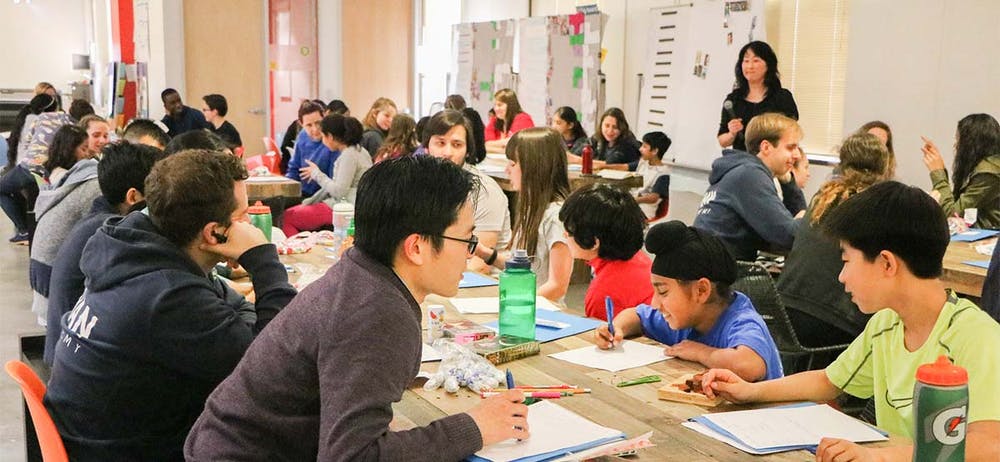
It was in 1896, that John Dewey established an experimental school at the University of Chicago in order to implement and challenge his emerging concept of experiential education. Since then, the concept of the laboratory school that is operated in association with a university, college, or other teacher education institution has achieved a global presence. The key functions of a Laboratory School are:
- the training of future teachers;
- teacher professional development;
- educational research, and above all,
- the generation of educational knowledge and the specification of practice.
In this article we first outline the concept of the Laboratory School and then describe how we have adapted these for the University of Bolton Laboratory School Network. A subsequent article will describe current practice in the in the University of Bolton Laboratory Schools.
The Laboratory School Concept- Children at the centre
The University of Chicago Laboratory School is regarded historically as one of the most distinguished pioneer schools of the progressive education movement. Founded in November 1894 by John Dewey and University President William R. Harper, the “Dewey School” opened its doors as University Primary School on January 13, 1896 in the Hyde Park Area of Chicago, with twelve children present and one teacher in charge.i
From the outset, Dewey envisioned his school as a scientific “laboratory” staffed with college trained teachers and devoted to research, experiment, and educational innovation. He expected his school – as part of the University’s Department of Education – to perform two functions: first, to test and evaluate his theories about schooling and teaching and, second, to appraise the findings of these studies and work out subject matters and teaching methods for a curriculum that did not focus on books and recitations but on children and activities. Dewey’s ultimate aim was laying the foundation for a reform which would revolutionize the educational system and, over time, transform the society into a great democratic community.ii
Although the original school soon encountered problems for personal and administrative rather than educational reasons, the concept has endured and expanded into a global movement.
Indeed, Pasi Sahlberg who led the Finnish education reform programme, pointed to Dewey’s influence as one of the major reasons for Finland’s success. He maintains that it is understandable that the pragmatic, child-centred educational thinking of John Dewey has been widely accepted among Finnish educators. Dewey’s philosophy of education forms a foundation for academic, research-based teacher education in Finland.